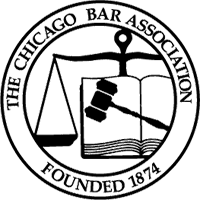Typically, personal injury lawsuit settlements in Illinois are exempt from taxes. These settlements are usually tax-free because the funds received are not classified as gross income. Instead, the money awarded for injuries, medical expenses, or property damage is seen as compensation for a loss.
In Illinois, there are specific circumstances where a portion of the personal injury settlement may be subject to income tax. While it’s crucial to consult with a knowledgeable personal injury lawyer to discuss the specifics of your case, the following provides a general overview of whether a personal injury settlement is taxable.
When is My Personal Injury Settlement Taxable?
If a jury decides to award punitive damages, the amount that is taxable will be based on the punitive damages awarded. Personal injury awards compensate for losses, while punitive damages punish defendants for intentional, reckless, or negligent actions.
When is a Personal Injury Settlement Tax-Free?
In the event that a personal injury settlement includes compensation for physical injuries, that portion of the settlement is typically not taxable. This is not classified as earned income. Also, if the personal injury settlement involves reimbursement for medical bills related to the injury, it is generally not subject to taxes either. It is considered to be repayment for a loss.
Reach Out to a Knowledgeable Personal Injury Attorney
If you’re wondering, “Are proceeds from a legal settlement taxable in my particular situation?” Or do you have any other legal questions regarding personal injury law? Reach out to our trusted legal team at Shea Law Group for answers.








